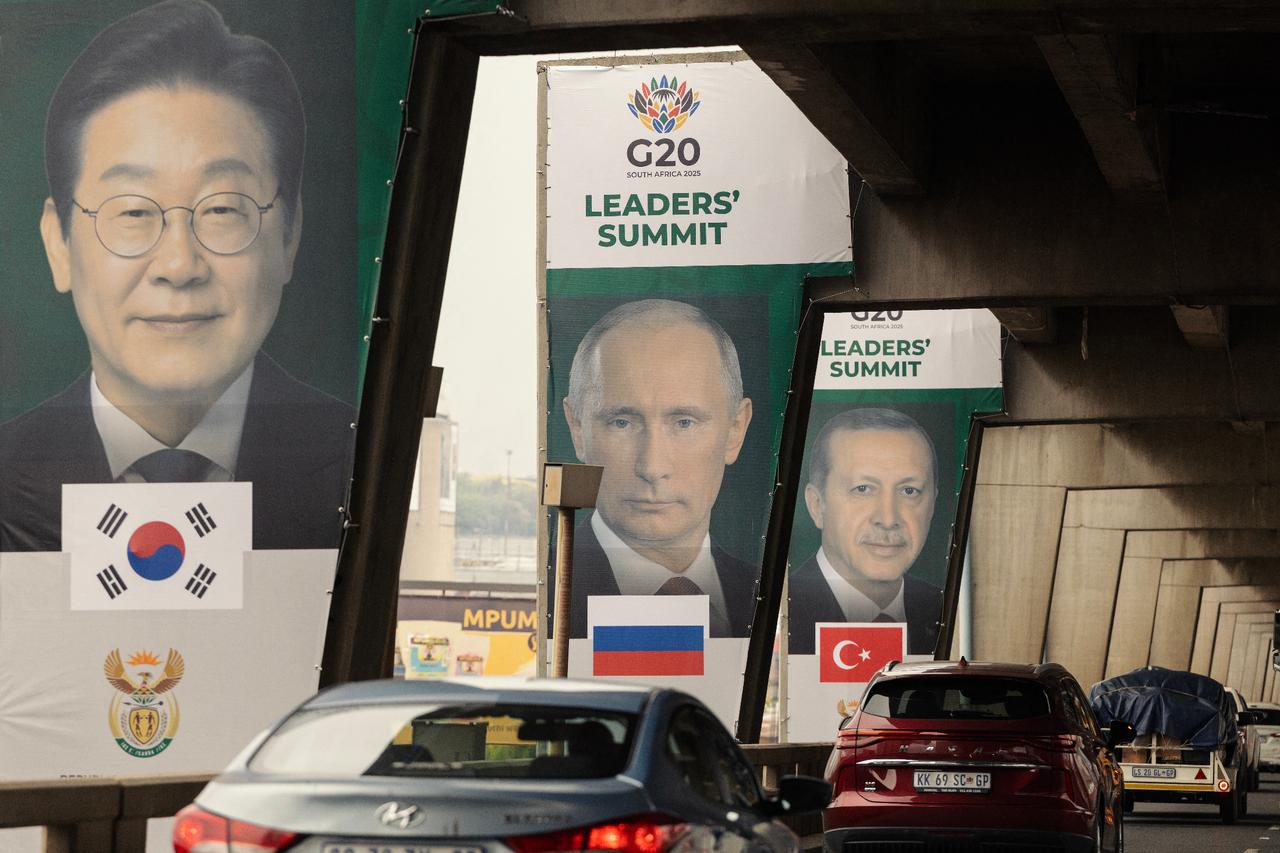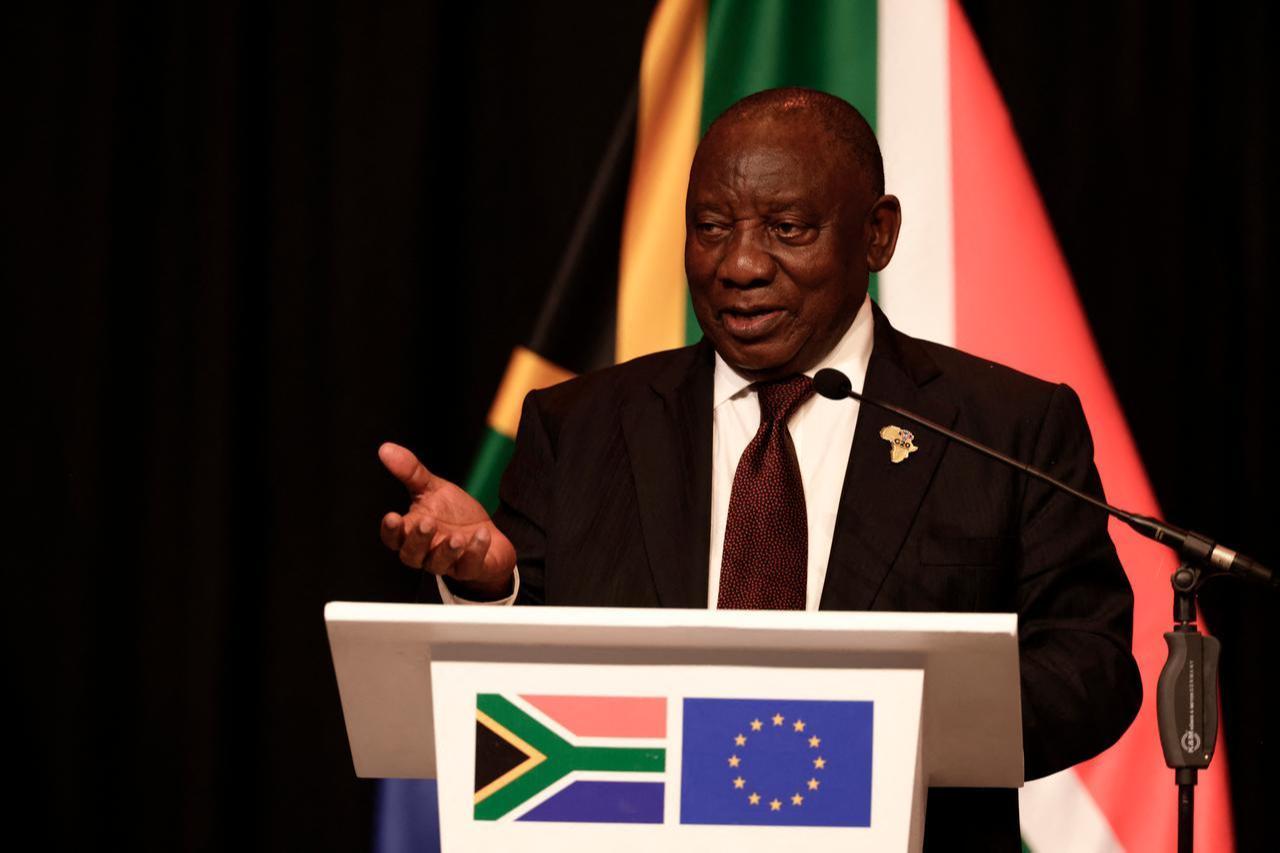
The White House confirmed Thursday that the United States will not participate in official talks at the G20 summit taking place in Johannesburg, South Africa, on November 22–23.
The announcement came after South African President Cyril Ramaphosa suggested Washington had reconsidered its decision and would engage in the proceedings "in one shape, form or other."
White House Press Secretary Karoline Leavitt said that the U.S. ambassador would attend only a handover ceremony marking the upcoming U.S. presidency of the G20, which will be hosted at a Trump-owned golf club in Florida next year.
Leavitt also criticized Ramaphosa’s earlier remarks, stating, "The South African president was running his mouth a little bit against the United States and the President of the United States earlier today, and that language is not appreciated by the president or his team."
Tensions between the two countries have escalated over South Africa’s G20 priorities, which include restructuring debt for low-income nations, financing equitable energy transitions, and promoting critical mineral development for inclusive growth.
The U.S. embassy in Pretoria had previously stated that these themes were incompatible with U.S. policy, noting that Washington could not support any consensus documents negotiated under South Africa’s G20 presidency.

Despite Ramaphosa’s view that American involvement—even symbolic—was a "positive sign," the U.S. reaffirmed that its stance on non-participation was consistent and firm. The U.S. has also declined to participate in the ongoing COP30 climate talks in Brazil, citing a commitment to fossil fuels and opposition to mainstream climate science.
Trump had initially planned to send Vice President JD Vance to the Johannesburg summit, but later withdrew the plan.
Since returning to office in January, President Trump has taken a combative stance toward South Africa, frequently referencing far-right media claims about alleged persecution of the country’s white Afrikaner minority. He has accused South Africa of "human rights abuses" and expelled its ambassador following accusations of racism.
South Africa has consistently rejected these allegations, stating that there is no evidence of systematic violence or land seizures targeting white citizens.
The administration has also imposed 30% trade tariffs on South Africa—the highest rate levied on any sub-Saharan African country.
The country became the first African nation to assume the rotating presidency of the Group of 20 (G20) in December.
The G20 represents approximately 85% of global GDP and serves as a key platform for international economic cooperation among the world’s largest economies.